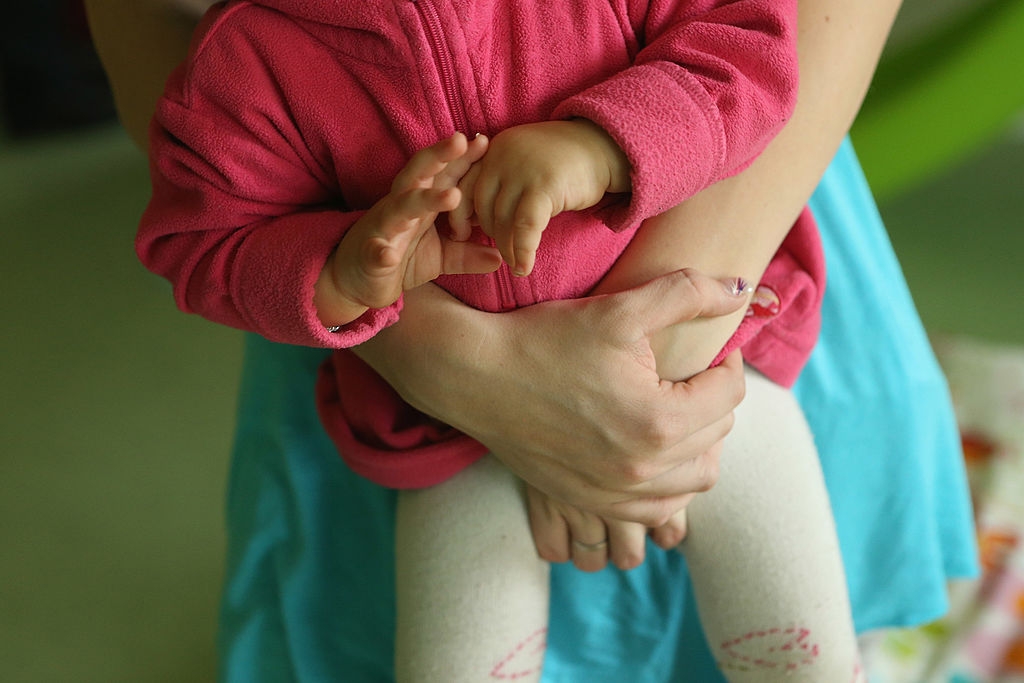During a recent webinar with MPs, I learned that parents in Bradford were up in arms because their children had not received their free spectacles. On a visit to the optometrist, organised by the school, the children had been diagnosed with failing eyesight. Why had the school failed to follow up in providing these near-sighted children with the spectacles they were entitled to?
I was not sympathetic. When my daughter was nine, I spotted that she was near-sighted because she kept squinting as she struggled to read the road signs in our new neighbourhood. Her (state) primary school had nothing to do with our visit to the optometrist, or with Izzy’s (free) spectacles. I felt that was my responsibility. It seems this is a minority view.
The Royal Foundation – the Duke and Duchess of Cambridge’s charitable venture – recently conducted a survey with the pollster Ipsos that showed eye-opening results. Almost six in ten parents believe that schools and parents should be equally responsible for reading and writing (59 per cent) as well as non-academic skills such as imagination and creativity (57 per cent), speaking and listening (54 per cent) and physical skills (53 per cent). Almost half feel schools and parents should have equal responsibility for social skills and behaviours (49 per cent) and almost the same proportion (43 per cent) believe that schools and parents should have equal responsibility for children’s emotional awareness.
Parenting is being reduced to a means of reproduction
No wonder that half of children were not considered ‘school ready’ last year: parents were leaving everything to the schools.
Even before Covid, I spoke to headteachers who reported that some of their five-year-olds arrived in the reception class still wearing nappies. A headmaster in Plymouth described walking into the school cafeteria where the reception class was having their lunch. When he approached them to chat, he saw that almost half of the five-year-olds were shoving food into their mouths: they didn’t know what to do with the spoon beside their plate.
Neuroscience teaches that parent-child interaction is crucial, especially in the first 1,001 days, yet almost one in ten toddlers have speech and language difficulties. And given that 85 per cent of a child’s language is a result of the environment in which they grow up in, it is clear that all too often this is a problem that comes from the failure of parents to talk to their kids. Maybe they think that communication, too, only starts with school.
What has happened to parenting? Why are mothers and fathers so reluctant to mould their offspring into an image of themselves? Perhaps the rest of us are to blame. An unspoken understanding that parents cannot deliver confident and capable children has fostered a thriving and intrusive industry. Private and state-funded nurseries, child-minders, nannies, schools, tutors, and universities vie to be ‘In loco parentis’, replacing those we used to consider irreplaceable: mum and dad. As a result, many children will first learn about sex, gender, vaccines, creation and even fruit and vegetables in the classroom (or the playground), rather than at home.
The idea that values and ethics, fashions and diets, are too important to be left to chance (or parents) is wrong. Covid has entrenched this idea further. The number of children – some of them newborn babies – taken into care has risen sharply; the number of children born into care almost doubled between 2008 and 2018, according to research by the university of Huddersfield and the university of Central Lancashire. Some parents learned of the court’s decision to take their children through remote hearings. Belittled in this way, parenting is reduced to a means of reproduction, and mum and dad relegated to the inferior ranks of the fertile victims in Margaret Atwood’s spooky ‘The Handmaid’s Tale’: have the baby, then hand it over to the authorities. They know best.
A recent Ofsted report highlighted just how diminished parents are. It described the terrible fate of those children for whom school is much more than lessons. Lockdown, with its school closures, has tipped these children into a vulnerable state – they are used to seeing counsellors, youth group leaders, sometimes even social workers in school. Deprived of this support network, the young ones struggle. But no one, it seems, thinks they could turn to another, more intimate support network – namely, their families.
Thus infantilised, mothers and fathers do not dare cast themselves as role models. When the developmental psychologist Juliet Neill-Hall and I set up a parenting charity four years ago, we were surprised by the number of parents who said they valued our peer-to-peer discussion groups because of the chance to air their thoughts on parenting.
Parents need support, no doubt, from providing free school meals to organising parenting classes. Those who raise children need to know they have not embarked on life’s most important job on their own. But maybe it’s time to recognise that when it comes to their children, parents are in charge. This is a lesson for the grown-ups, as well as the children, to learn.
Cristina Odone is head of the family policy unit at the Centre for Social Justice. She is also the founder of The Parenting Circle





Comments